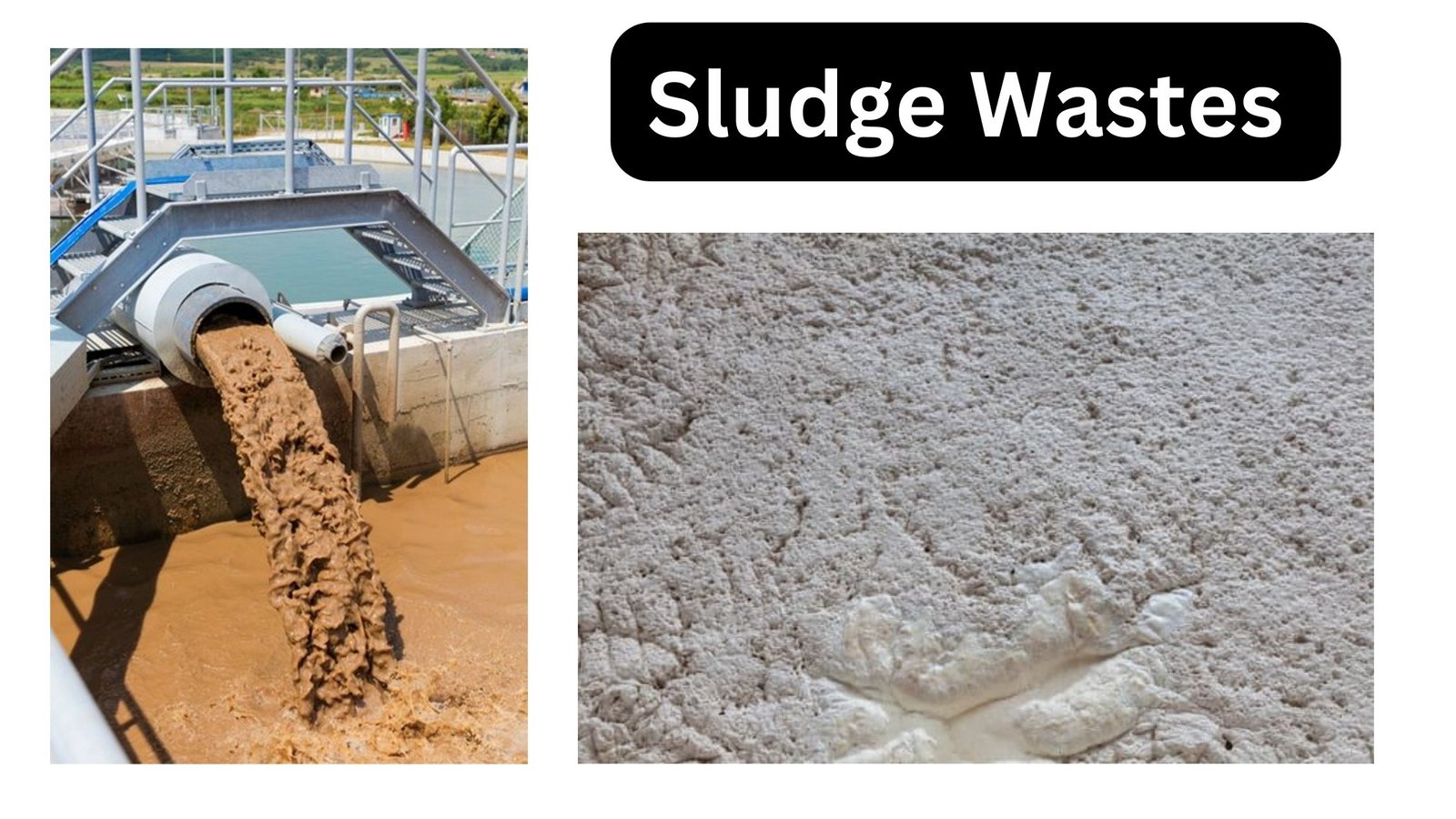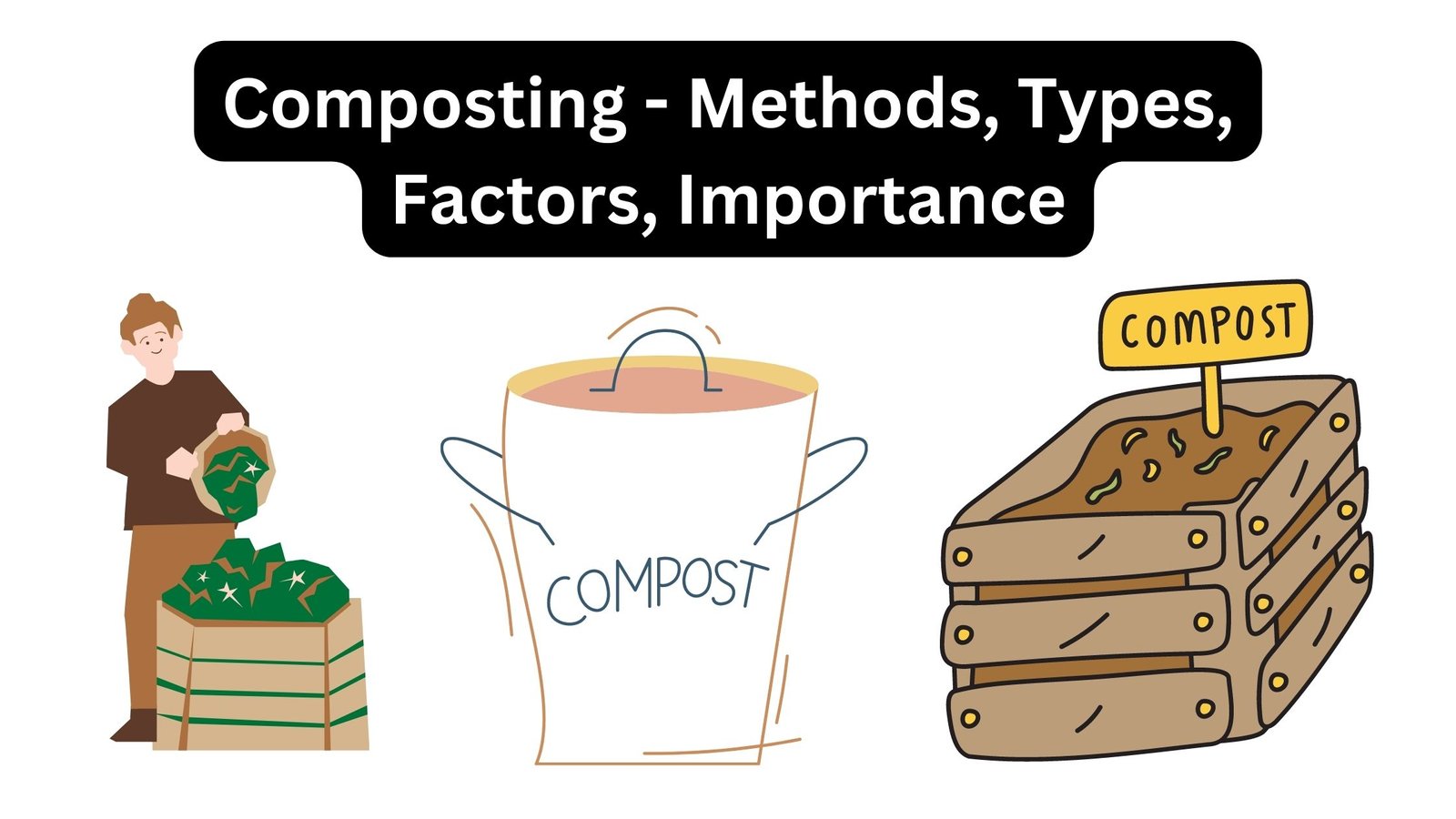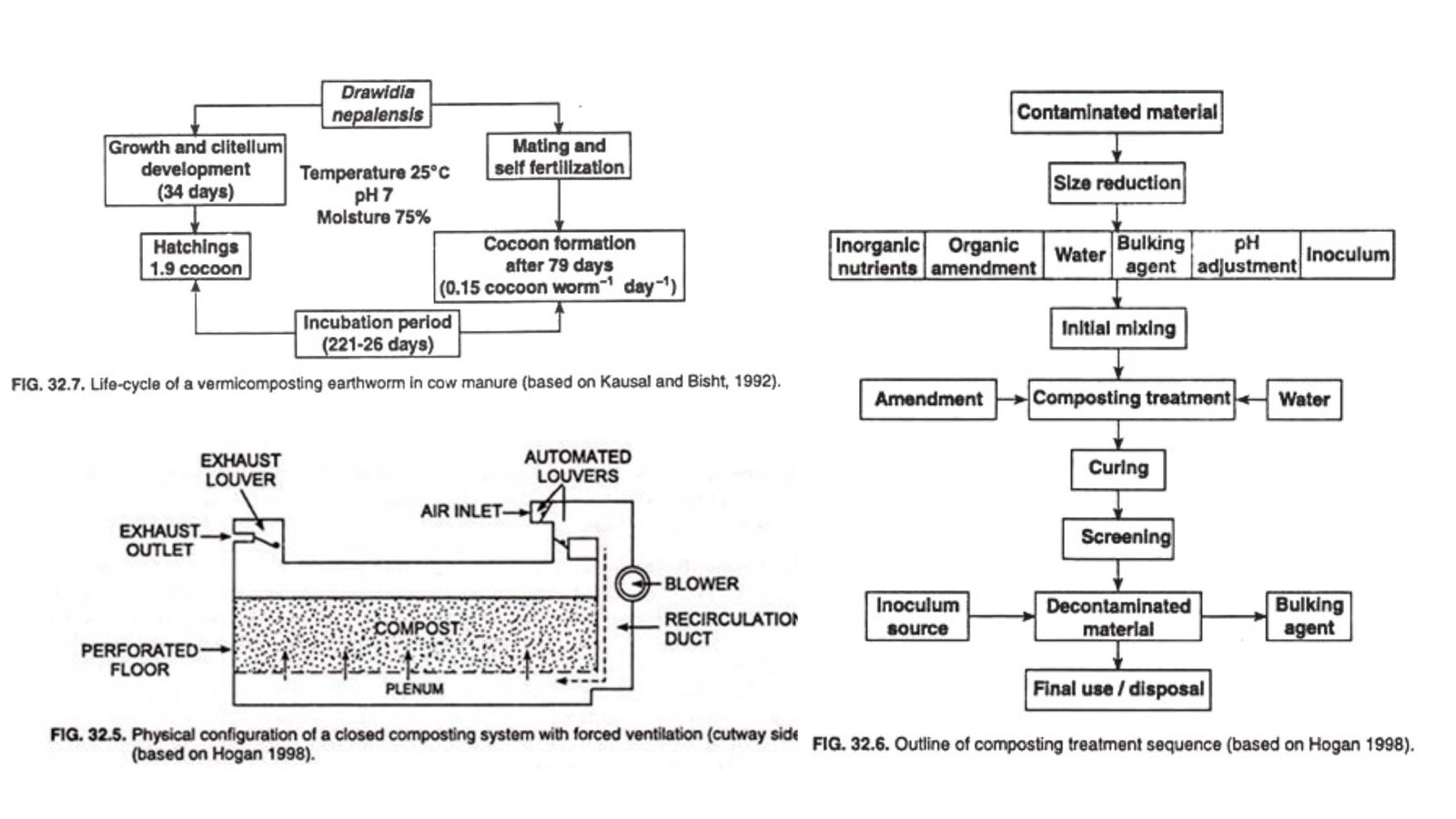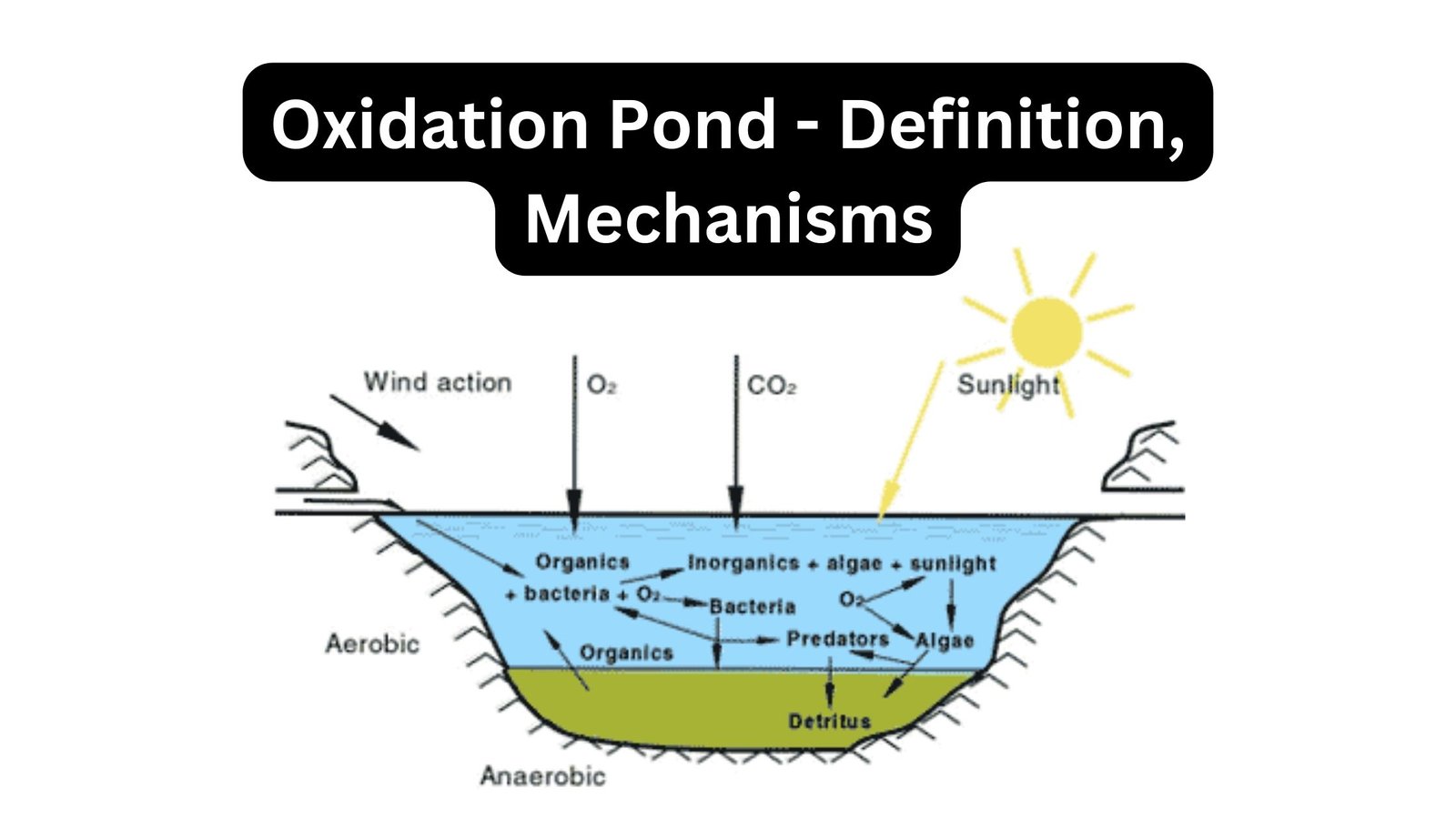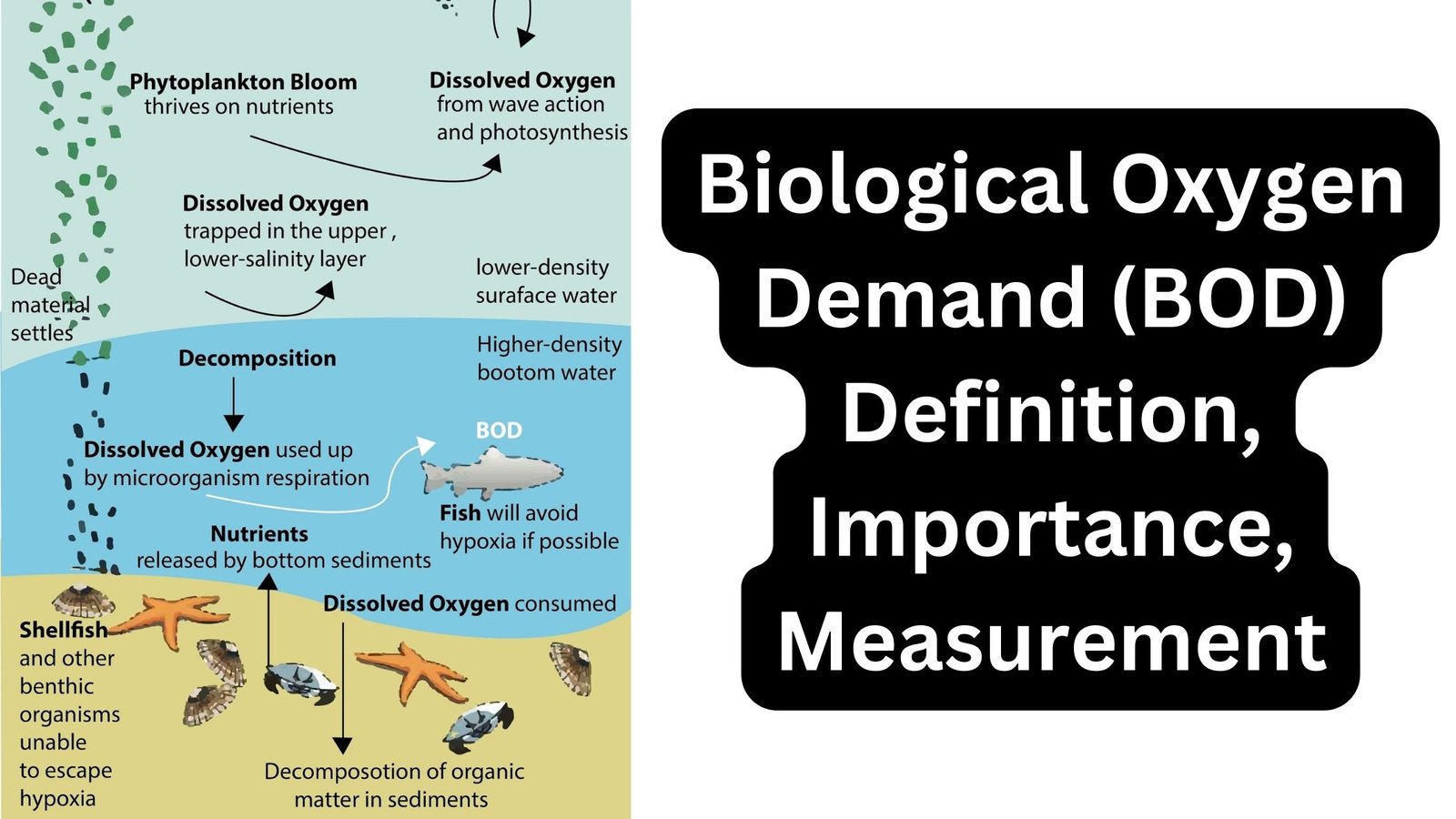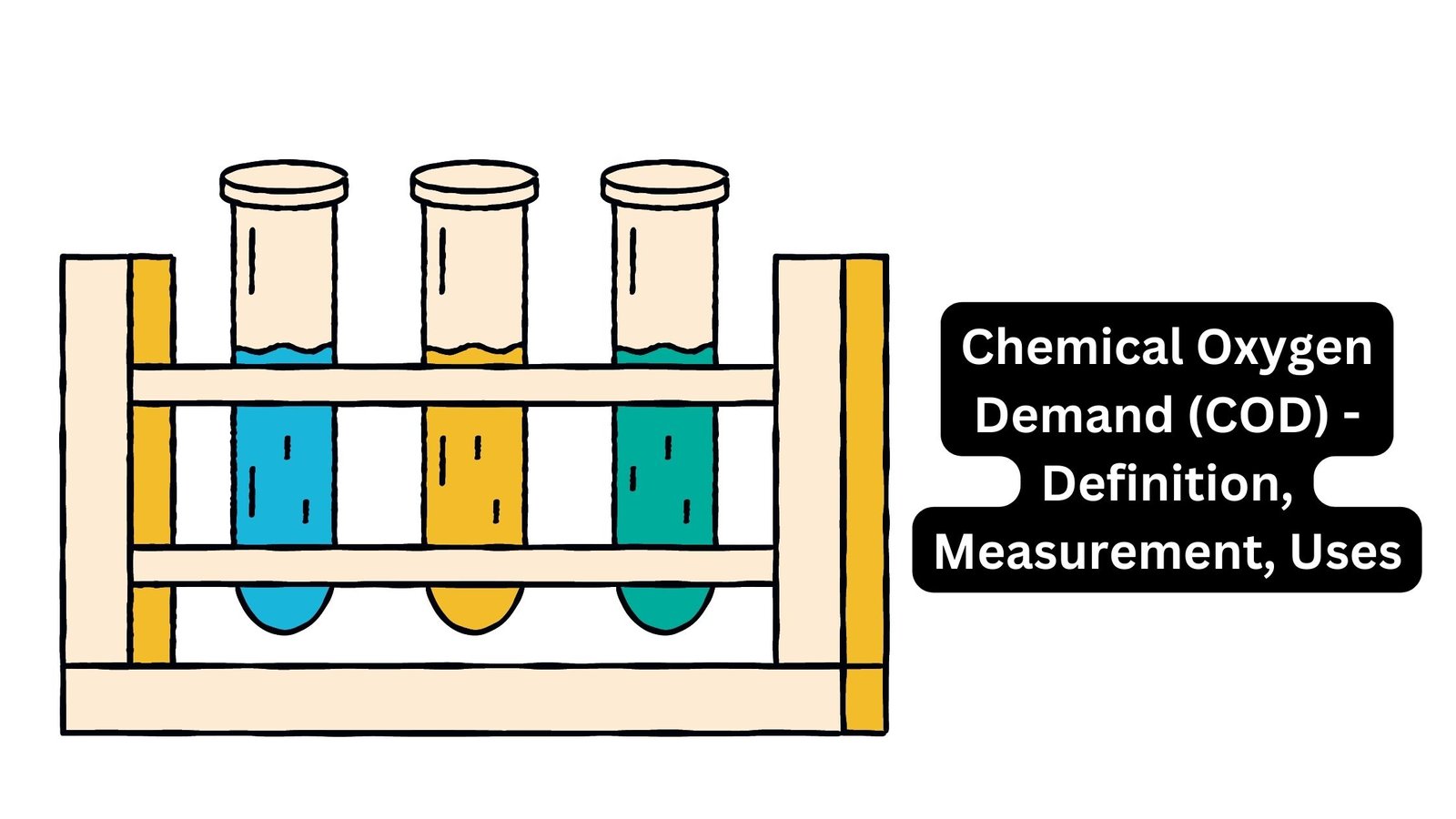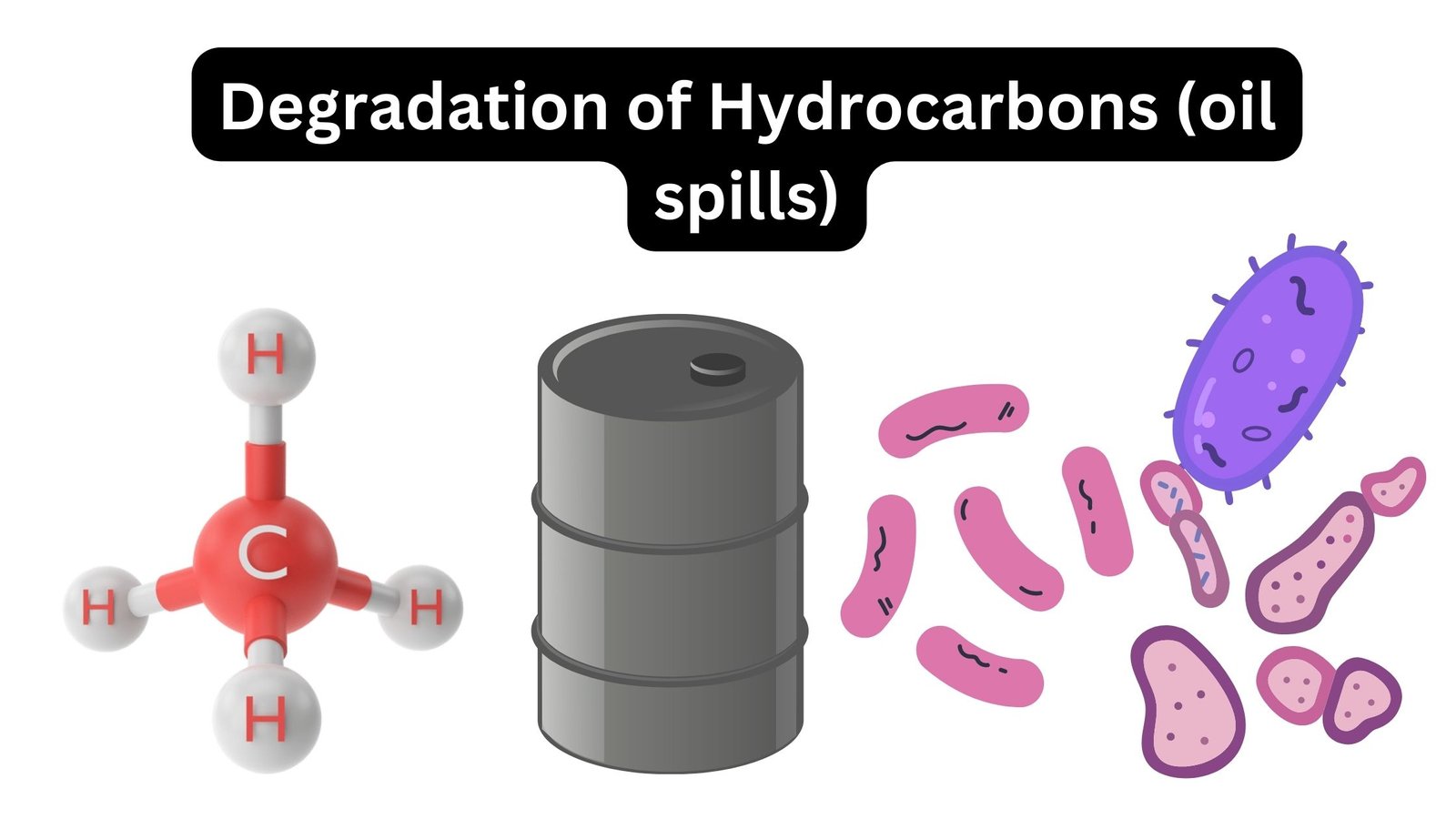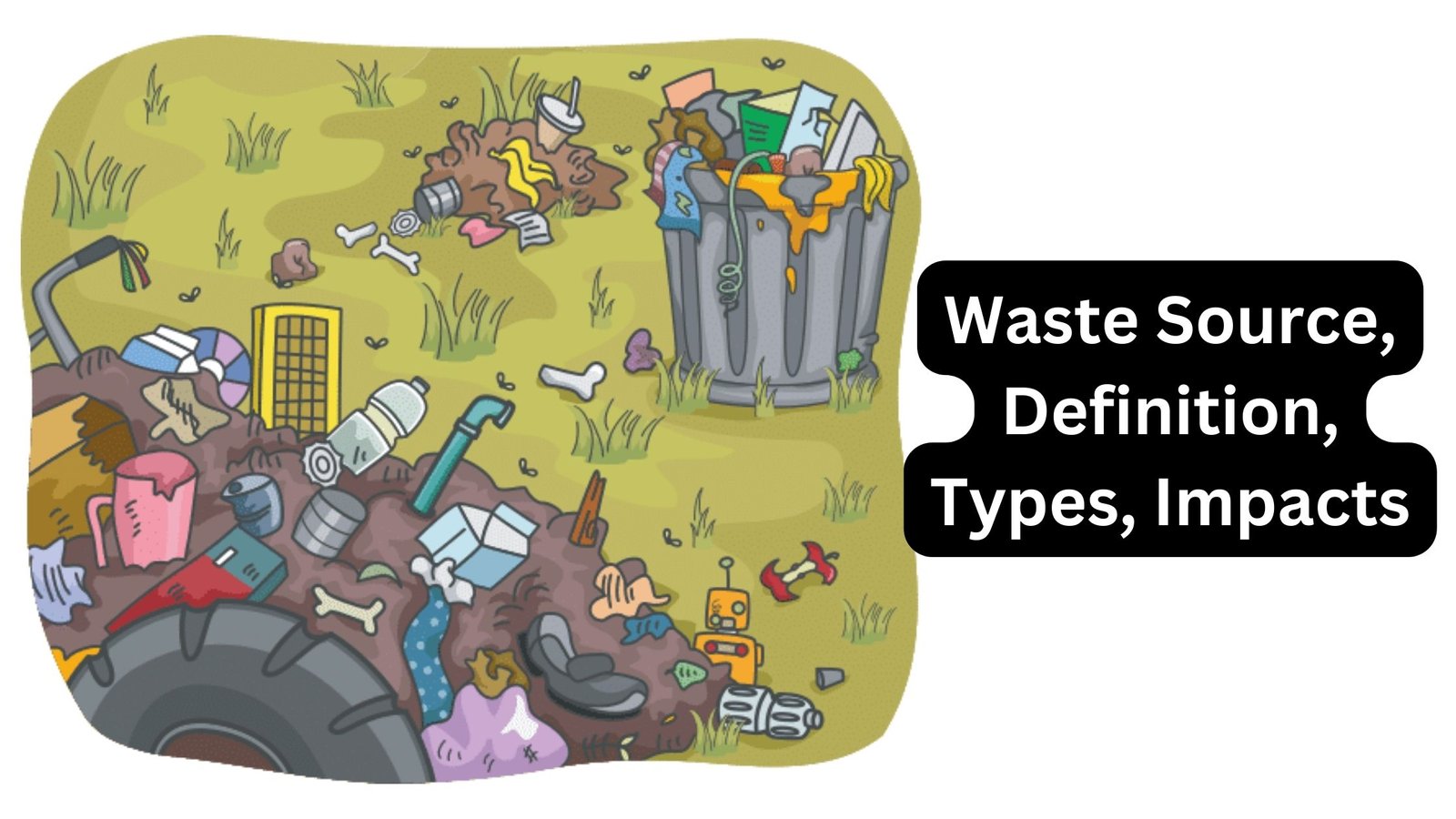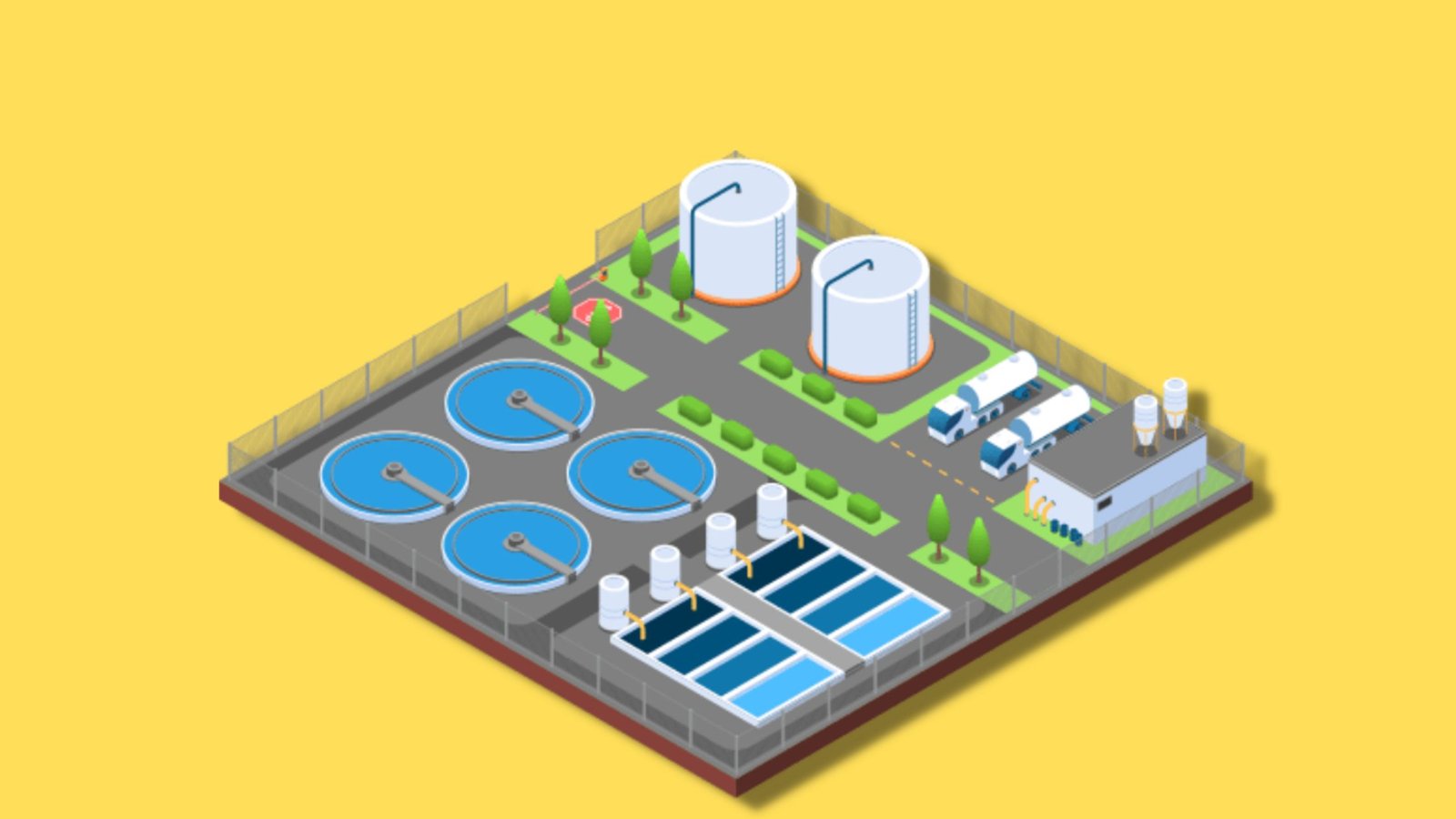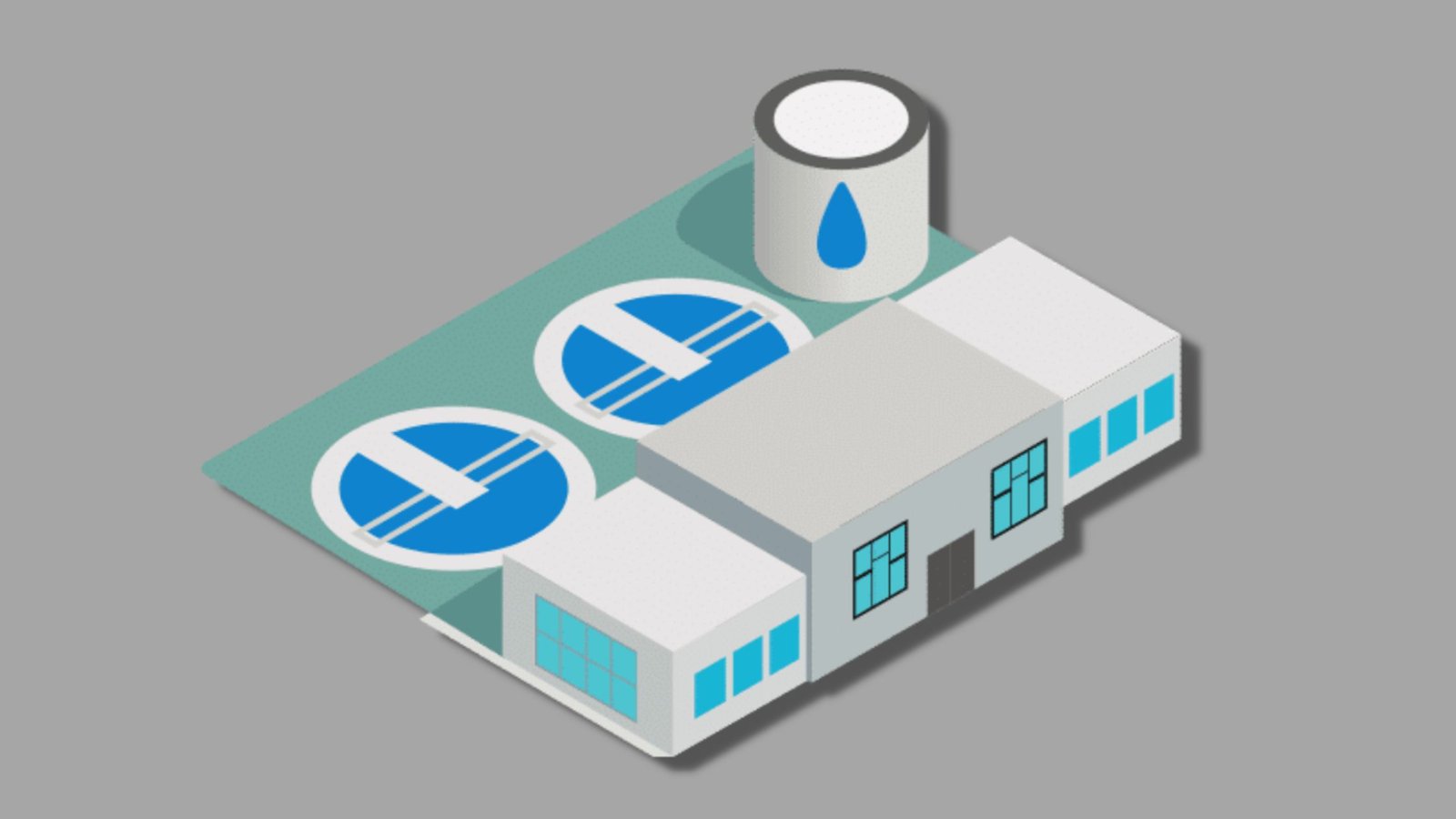Sludge Wastes Treatment – Methods, Types, Factors, Uses
What is Sludge? Objectives of Treating Sludge 1. Reducing its Volume 2. Stabilizing its Organic Materials 3. Kill off the odor 4. To Ensure it Can be Safely Used 5. Pathogen Inactivation 6. Dewatering 7. The alternative (incineration and landfill disposal) are Not Environmentally Friendly Sources of Sludge Wastes The following unit operations are the … Read more
